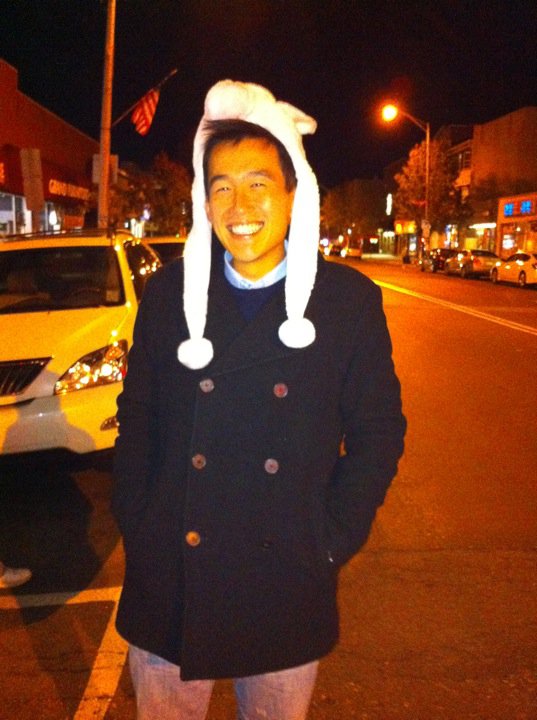Balancing Act
Osteopathic Resident Peter Lee’s Life Philosophy Toward Medicine

We all wake up some mornings feeling jaded. Most of us reach points in our careers when we ponder whether the exhaustion and long hours are worth it, if we should change direction and settle into an occupation that’s less totally consuming. Peter Lee, a 2012 graduate of Touro College of Osteopathic Medicine (he was selected as class speaker by his peers) and current ER resident at New Jersey’s Morristown Medical Center, follows a simple philosophy to help smooth out the work week’s rough edges: balance. Specifically, a balance of medicinal intellect, spiritual consolation and personal fulfillment.
“In the end, you need to remember what your calling is as a doctor,” he says of his clinical responsibility. “What’s best for the patient? That’s something you need to remind yourself of every day. It’s a people field, and you have to think about not just from a mental or physical standpoint, but from a whole-body approach, including psycho-social history. Every time you open a curtain, you have to take it patient by patient.”
Outside of an emergency-room environment, the Bejing native—Lee moved to the States when he was 4—finds solace on the soccer field. It’s an interest he developed in middle school while trying to impress a female classmate, and he’s held onto it as a passion ever since. In fact, Lee considered playing it professionally. Now, as a doctor, the sport is more like his lifeline.
“It’s definitely my getaway,” he concedes. “Work is work, home is home. It’s my go-to place, and it’s my relaxation. Having that balance has been really helpful too. Of course, especially with the medical field, there’s times where I go home and I think about this case and [think], ‘Oh, I hope what I did was OK.’ But it’s not a bad burden at all.”
And then there’s his faith. Lee is an observant Christian, and that belief in a higher purpose has both kept him focused on osteopathic medicine and helped ease the rigors of night shifts and beleaguered patients, while propelling the desire to maintain his own healthy and happy life. “That’s been a humongous factor in my life,” he says. “Medicine was always in the back of my head and something I considered, but I also wanted to play soccer. By me going to medical school and going into residency, I felt like it was planned in a way where I met the right people at the right time that would help me…. I felt like somebody’s been looking out for me. I’m appreciative of where I am, and faith has always been a big issue. When I have off on Sundays, going to church reinstates the fact of my calling and what I’m doing this for.”
If there’s a binding agent to all these components, it would be family. Lee credits remaining so grounded to his parents, who are both educators and encouraged his travels to China, among other destinations, while he was young. It’s an exploratory, open-hearted attitude that the newly married 27-year-old intends to use as a foundation for his own family. That influence will also shape how he practices medicine going forward. The constant rotation of patients in a hospital setting offers unique, if taxing, rewards. A smaller, individualized practice, on the other hand, would allow the attentive Lee to keep up with each patient’s care over months and years.
“My answer to that is you can let your light shine anywhere,” he says. “You can do it anywhere. Five minutes makes a big difference in someone’s life. It’s how you use that time. I think that’s a great challenge I look forward to.” One, no doubt, that he will meet and surmount with just the right balance.

